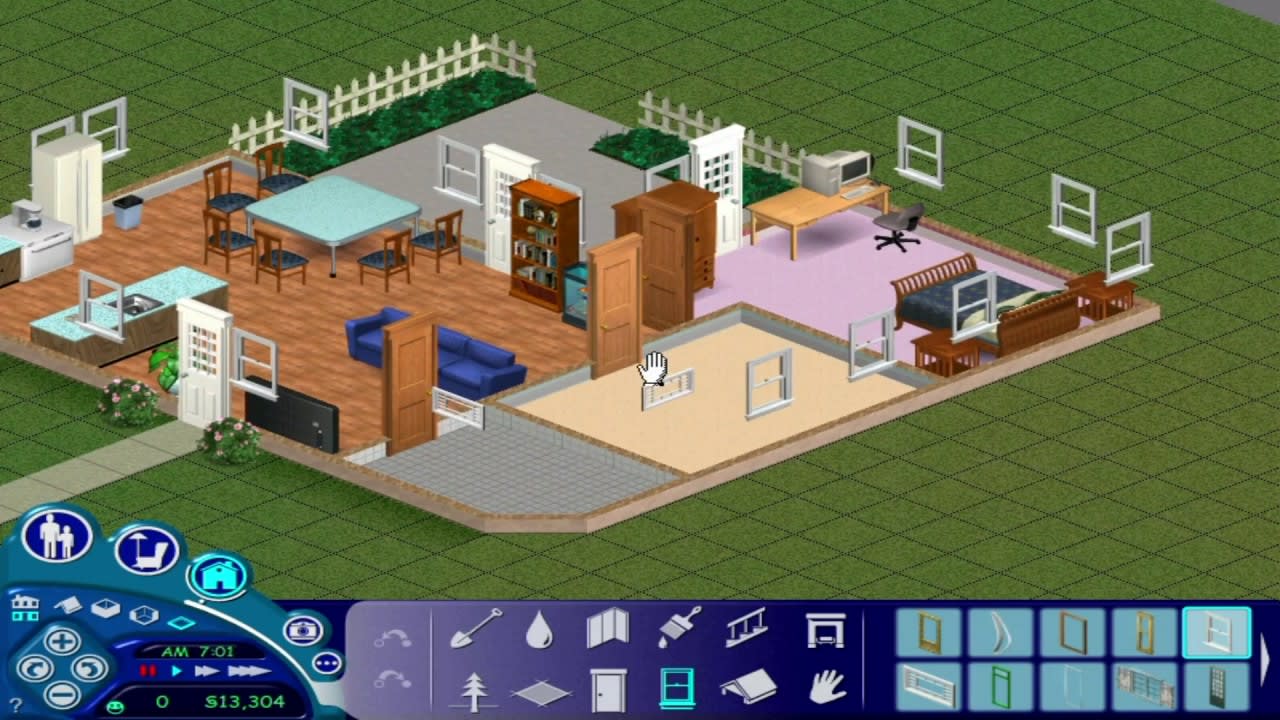Losing the root for the tree
1 You know that being healthy is important. And that there's a lot of stuff you could do to improve your health: getting enough sleep, eating well, reducing stress, and exercising, to name a few. There’s various things to hit on when it comes to exercising too. Strength, obviously. But explosiveness is a separate thing that you have to train for. Same with flexibility. And don’t forget cardio! Strength is most important though, because of course it is. And there’s various things you need to do to gain strength. It all starts with lifting, but rest matters too. And supplements. And protein. Can’t forget about protein. Protein is a deeper and more complicated subject than it may at first seem. Sure, the amount of protein you consume matters, but that’s not the only consideration. You also have to think about the timing. Consuming large amounts 2x a day is different than consuming smaller amounts 5x a day. And the type of protein matters too. Animal is different than plant, which is different from dairy. And then quality is of course another thing that is important. But quality isn’t an easy thing to figure out. The big protein supplement companies are Out To Get You. They want to mislead you. Information sources aren’t always trustworthy. You can’t just hop on The Wirecutter and do what they tell you. Research is needed. So you listen to a few podcasts. Follow a few YouTubers. Start reading some blogs. Throughout all of this you try various products and iterate as you learn more. You’re no Joe Rogan, but you’re starting to become pretty informed. 2 You’re a product manager over at Danslist, an up-and-coming competitor to Craigslist. You’ve recently been promoted and are now in charge of the most important page of the site: the product listings page. This page is Danslist’s bread and butter. It’s very important that it is a good web page. And there’s a lot you can do to improve it. These improvements can be grouped into aesthetics, usability, functional

Yeah I agree that we probably don't have a way to tease apart the toughness from the pain tolerance.
And I guess I agree that for "many cases" you care about the outcome, not the process, so you just care that Alice is better at sitting in ice baths, not why she is better.
But I also have a feeling that toughness matters. If Alice is good at sitting in ice baths because she happens to be very insensitive to cold temperatures, that isn't something that is predictive of life success. But if Alice is good at sitting in ice baths because she is tough in some sort of generalizable way, that seems important... (read more)